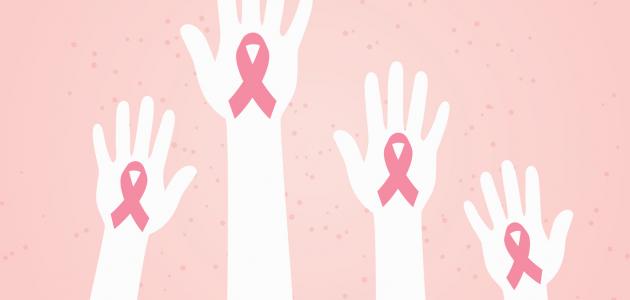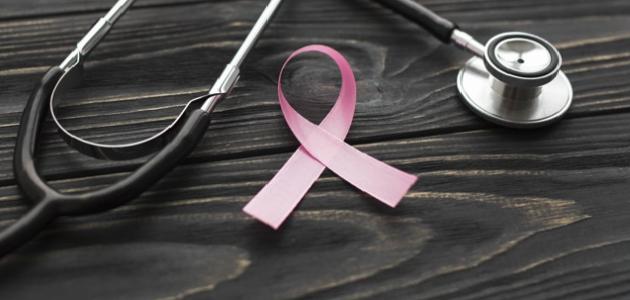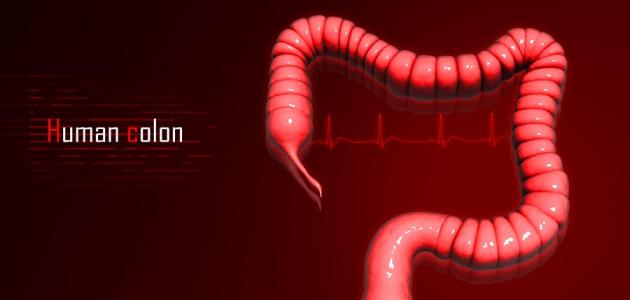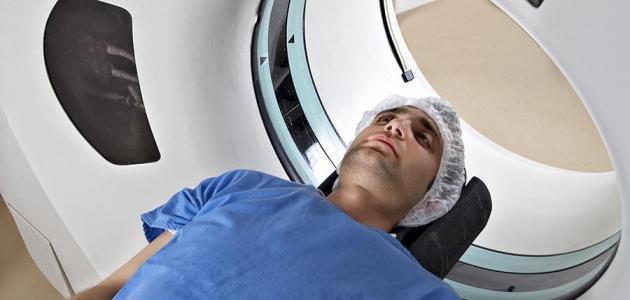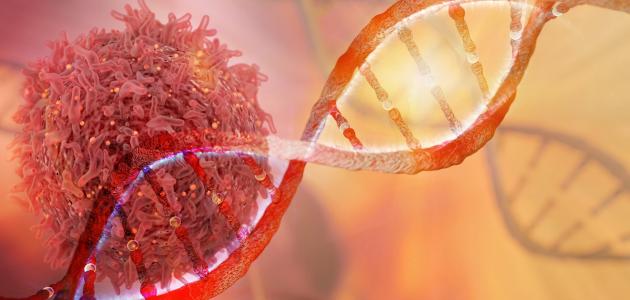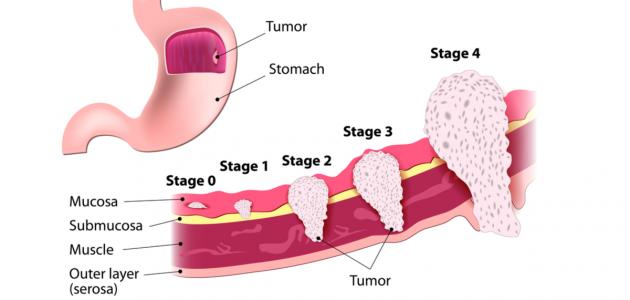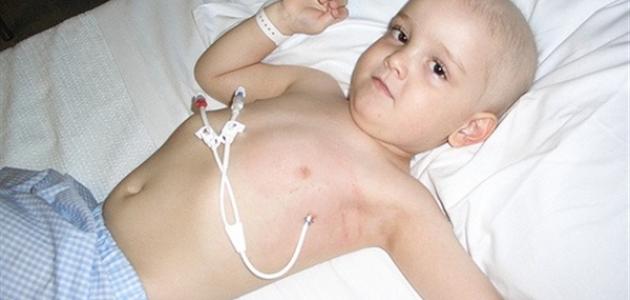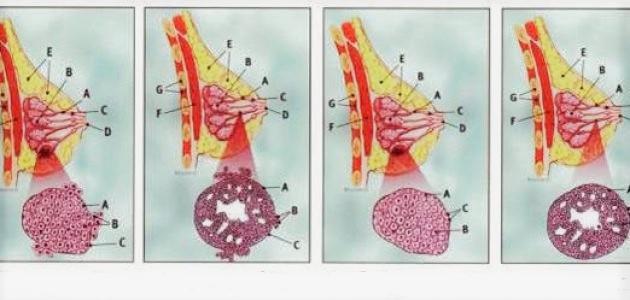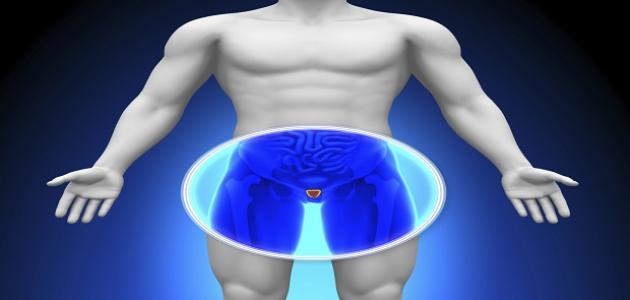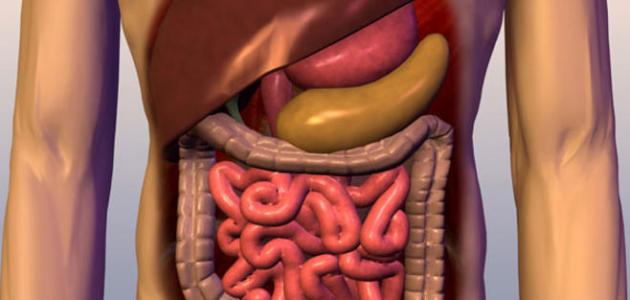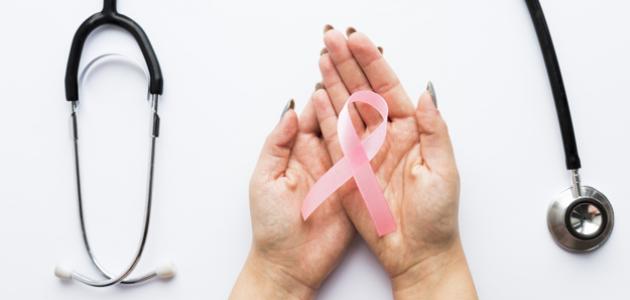Contents
Breast cancer in men
We know that breast cancer affects females and the majority of people think that it does not affect men, rather it is a disease that affects females and males, but it affects males less than it occurs in females, breast cancer is a rare disease that occurs in men, it often occurs in men between Age (60 - 70), this cancer in men accounts for less than one percent of all cases.
Risk factors for breast cancer in men
Usually it is impossible to know the actual and specific cause of cancer for any disease, but we know in general what causes cancer, the factors that increase the likelihood of anyone developing cancer, these factors are called risk factors, including continuous exposure to radiation, the presence of a genetics and a family history of breast cancer, And an increase in the level of the male hormone estrogen.
Symptoms and signs of infection
- A change in the shape and size of the breast.
- The appearance of lumps or changes in the nipple, or changes in the skin of the breast.
- The presence of liquid secretions coming out of the nipple.
- Redness, pain and a sensation of heat.
The diagnosis
In the event that symptoms and signs appear in a man, the man may already be suffering from breast cancer, or it is not caused by this cancer, it is necessary to consult a doctor.
Determine the stages
If a man has this cancer, then the specialist doctor determines the stage of the cancer, determining the stages in order to know the spread of the disease and in which parts of the body it has spread, and the extent to which the doctor has treated it, determining the stages is usually done using numbers (0 - 4) if the number is low. Indicate that the disease is at an early stage. The doctor tries to find out the following:
- How large the tumor is
- The cancer has spread to nearby tissues.
- The parts of the body where the cancer has spread.
Breast cancer is likely to metastasize and spread to the bones, or the liver, lungs, and brain.
Treatment method
Chemotherapy, radiation therapy, hormonal therapy, or a combination of these treatments, but if the disease reaches advanced stages, it usually depends on a complete mastectomy.

